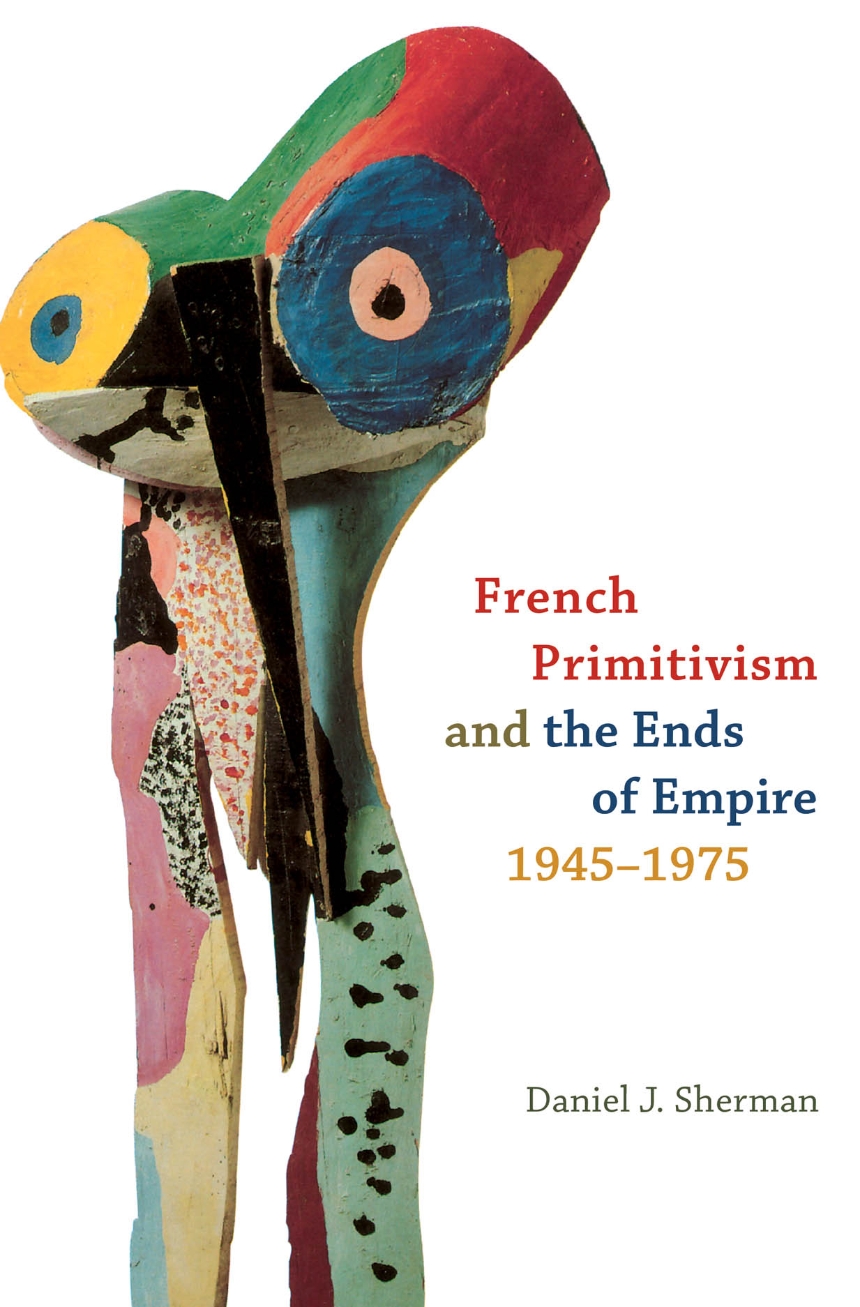French Primitivism and the Ends of Empire, 1945-1975
For over a century, the idea of primitivism has motivated artistic modernism. Focusing on the three decades after World War II, known in France as “les trentes glorieuses” despite the loss of most of the country’s colonial empire, this probing and expansive book argues that primitivism played a key role in a French society marked by both economic growth and political turmoil.
312 pages | 10 color plates, 51 halftones | 6 1/8 x 9 1/4 | © 2011
Anthropology: Cultural and Social Anthropology
Art: Art--General Studies
History: European History
Reviews
Table of Contents
1 Introduction: Circa 1967
2 Peoples Ethnographic: The Colonial Inheritance of French Ethnography
3 Primitive Accumulation: Refashioning the Colonial
4 Totemic Artists: Gaston Chiassac, Jean Dubuffet, and the Problem of Categories
5 Trouble in Paradise: Tourism and the Myth of Preservation in French Polynesia
Epilogue
Notes
Index
Awards
French Colonial Historical Society: Alf Andrew Heggoy Book Prize
Won
Choice Magazine: CHOICE Outstanding Academic Title Awards
Won
Society for French Historical Studies: David H. Pinkney Prize
Won
